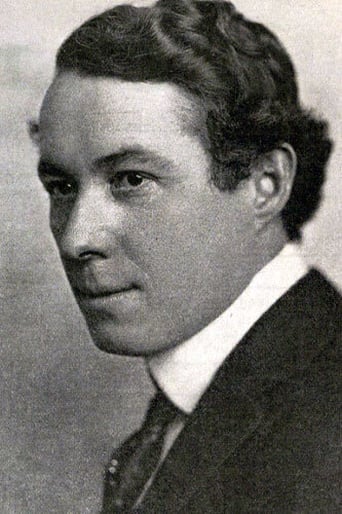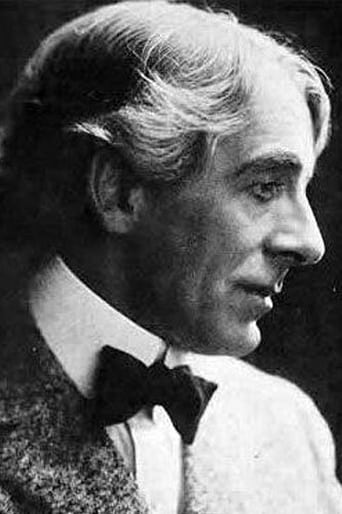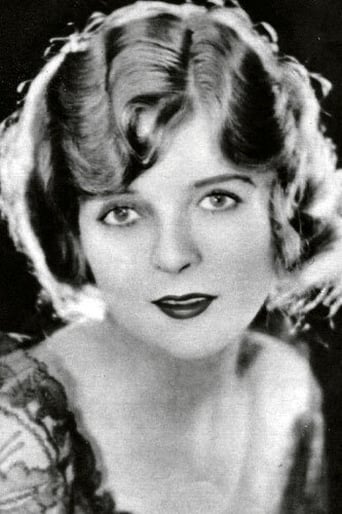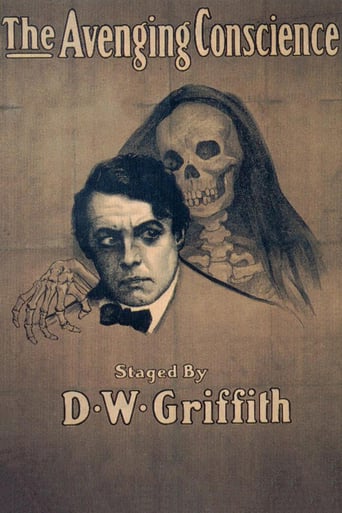
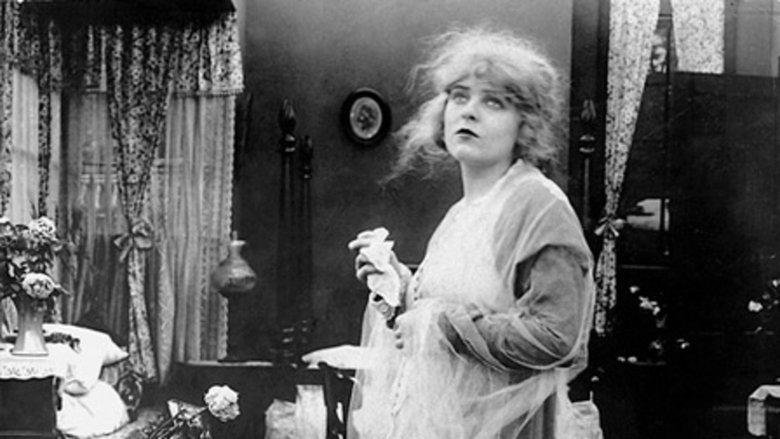
The Avenging Conscience (1914)
Thwarted by his despotic uncle from continuing his love affair, a young man's thoughts turn dark as he dwells on ways to deal with his uncle. Becoming convinced that murder is merely a natural part of life, he kills his uncle and hides the body. However, the man's conscience awakens; Paranoia sets in and nightmarish visions begin to haunt him.
Watch Trailer
Cast
Reviews
People are voting emotionally.
I am only giving this movie a 1 for the great cast, though I can't imagine what any of them were thinking. This movie was horrible
It's an amazing and heartbreaking story.
It's a feast for the eyes. But what really makes this dramedy work is the acting.
Just watched this interesting suspenseful D. W. Grifith film that he made before his epic The Birth of a Nation on YouTube. In this one, Henry B. Walthall plays the grown nephew of his only living relative who disapproves of his relationship with common girl Blanche Sweet (who like me was born in Chicago, Illinois). So this nephew resolves to kill him which results in his search by police. Turns out, however, it was all a dream...There's other stuff that happens here but I'll just say that with the nearly hour running time, this was a very interesting movie to watch from the silent era with some of the then experimental shots that happen here. So while The Avenging Conscience was primitive by today's standards, it's still worth a look.
D.W. Griffith takes Edgar Allen Poe classics "Annabel Lee" and "The Tell-Tale Heart"; and, with some good and bad additions, creates a near-classic. Mr. Griffith creates a melancholy mood, right from the start, as the young protagonist gets an unfortunate start in life, after his mother dies; even as a baby, he looks forlorn. Quickly, the child grows up to be Henry B. Walthall; he is raised by his uncle, Spottiswoode Aitken. All goes well until Walthall begins to see "common woman" Blanche Sweet. Uncle Aitken does not approve; and, he orders Mr. Walthall to stop seeing Ms. Sweet. Desperate, Walthall considers murdering Aitken.The performances are terrific. Walthall is very impressive, in one of his best pre-"Birth" roles. Sweet and Aitken are outstanding. All rise significantly above the uneven material. The Griffith production company's supporting cast is, as usual, extraordinary. Robert Harron and Mae Marsh provide perfect contrast as a grocery boy and maid; and, you should note, their romance provides Aitken with a change-of-heart missed by Walthall's character. Eventually, the film loses direction; as Griffith tries to merge Poe with well, see for yourself.Appropriately subtitled "Thou Shalt Not Kill".******* The Avenging Conscience (8/2/14) D.W. Griffith ~ Henry B. Walthall, Blanche Sweet, Spottiswoode Aitken, George Siegmann
Avenging Conscience; Thou Shalt Not Kill, The (1914) *** (out of 4)Feature from D.W. Griffith, which he quickly shot before he started filming on The Birth of a Nation. An uncle is constantly putting presure on his nephew (Henry B. Walthall) to spend more time on his work. When the nephew falls in love with a local girl (Blanche Sweet) the uncle demands that they call it off. When the nephew can't think of anything else, he decides the only way to keep the girl is by killing the uncle. This film is based on several Edgar Allan Poe stories with the second half of the film dealing mainly with The Tell-Tale Heart. You can tell this film was quickly made but there's still some nice direction, good performances and G.W. Bitzer's wonderful cinematography. There's some nice scenes dealing with devils and ghouls from Hell as well as a scene of Jesus. The special effects are quite nice for the era as well. Mae Marsh and Ralph Lewis have small parts. Due to the lack of copyright laws at the time, Griffith used all these short Poe stories without any credit being given.
Henry Walthall plays a man whose love for a young girl, played by Blache Sweet, drives him to murder his doting and overprotective uncle. His guilt drives him insane, and in the climactic scene where the detective pushes him to confession, Walthall is so overcome with visions of demons driving him to hell he is on the verge of an apoplectic fit. The most notable things in The Avenging Conscience, in addition to the obvious horrific tableaux and weird scenes of Pan with nymphs at the end, is the way Griffith draws characters in different places together through intercutting and use of props and gestures, i.e. books, pictures, prayer and other things. Perhaps he already had Intolerance in the back of his head while making this oddball adaptation of several Poe works. Also the film appears to have had some influence on other filmmakers; Chaplin's Sunnyside for example, owes something to the bit with Pan at the conclusion. My copy, projected a bit fast, runs only 56 minutes, and clearly there are missing scenes which makes for a choppy continuity. There is a still from The Avenging Conscience in Iris Barry's 1940 bio of Griffith that is from a scene which is no longer in the film. A different still once thought to be from The Avenging Conscience of Griffith directing Walthall holding a pistol to his head was actually taken on the set of Griffith's lost 1914 effort The Escape. The set dressing in The Escape is basically the same as that for the Uncle's home in The Avenging Conscience with a few things switched around, which suggests the two films were shot very closely together, or even simultaneously.
